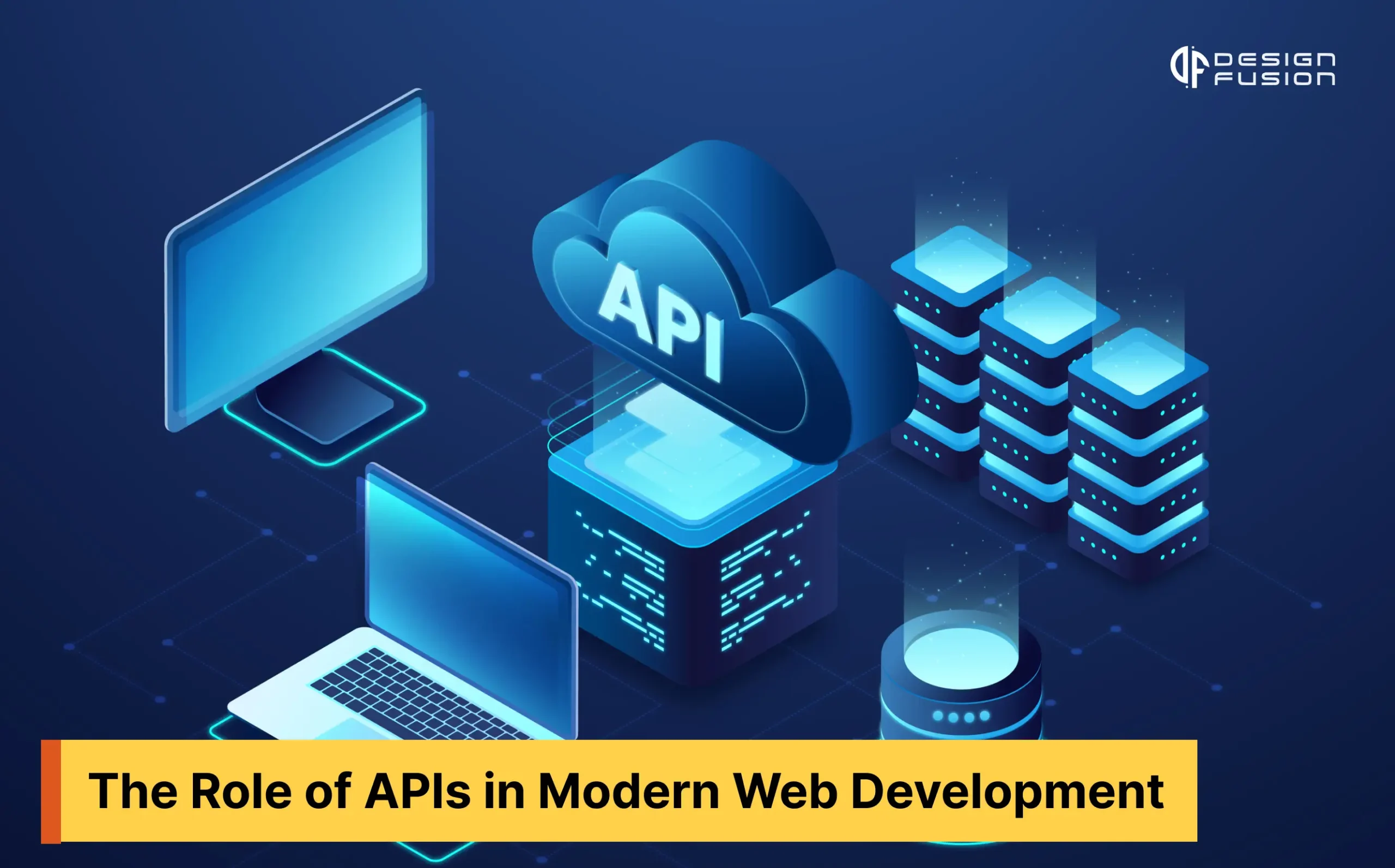In today’s world, websites and apps need to be fast, smart, and easy to use. One of the most important tools that developers use to achieve this is an API. APIs play a big role in modern web development, helping websites and apps work together, share data, and provide better services. In this blog, we’ll explain what APIs are and how they are used in web development.
What is an API?
API stands for Application Programming Interface. It’s a set of rules that allows one program to communicate with another. Think of an API as a bridge that connects different software or systems, helping them share information and work together. For example:
- When you log in to a website using your Google or Facebook account, the website uses an API to get your details from Google or Facebook.
- When you check the weather on an app, it uses an API to get the latest data from a weather service.
Why Are APIs Important in Web Development?
APIs make web development faster and more efficient. Here are some key reasons why they are important:
1. Simplifies Development
APIs save developers time by providing ready-made solutions. Instead of building everything from scratch, developers can use APIs to add features to their websites or apps. For example:
- Using a payment gateway API to process payments.
- Using a mapping API to show locations on a map.
2. Improves User Experience
APIs allow websites and apps to offer more features and services. For instance:
- Booking apps use APIs to show real-time availability of hotels or flights.
- Social media platforms use APIs to let users share content directly from other apps or websites.
3. Enables Integration
APIs make it possible for different systems to work together. This is especially useful for businesses that rely on multiple tools and platforms. For example:
- An e-commerce website can use APIs to connect with shipping services for tracking orders.
- A company can integrate its customer database with email marketing tools through APIs.
4. Supports Scalability
As a website or app grows, it needs to handle more users and data. APIs help manage this growth by enabling cloud services or third-party tools to handle complex tasks. For example:
- Using a cloud storage API to store and retrieve large amounts of data.
- Using a content delivery network (CDN) API to speed up website loading times.
Types of APIs Used in Web Development
There are different types of APIs, each designed for specific purposes. Some common ones include:
1. REST APIs
- REST (Representational State Transfer) is the most popular type of API.
- It’s easy to use and works with different programming languages.
- REST APIs use HTTP methods like GET, POST, PUT, and DELETE to interact with data.
2. SOAP APIs
- SOAP (Simple Object Access Protocol) is older and more complex than REST.
- It’s used for secure data exchange, especially in industries like banking.
3. GraphQL APIs
- GraphQL lets developers request exactly the data they need.
- It’s more flexible than REST and is often used in modern apps.
4. Third-Party APIs
- These are APIs provided by companies to let others use their services.
- Examples include Google Maps API, PayPal API, and Twitter API.
Real-Life Examples of APIs in Action
APIs are everywhere. Here are a few real-life examples:
- Food Delivery Apps: Apps like Uber Eats use APIs to connect with restaurants, payment gateways, and mapping services.
- Travel Websites: Websites like Expedia use APIs to get flight, hotel, and car rental details from different providers.
- Social Media Integration: Many websites use social media APIs to let users log in or share content.
How to Use APIs in Web Development
Using APIs involves the following steps:
- Choose the Right API: Find an API that fits your needs. For example, if you need weather data, use a weather API.
- Read the Documentation: API providers offer documentation with instructions and examples.
- Get an API Key: Most APIs require you to register and get an API key for authentication.
- Integrate the API: Use programming languages like JavaScript, Python, or PHP to connect your website or app to the API.
- Test and Monitor: Ensure the API works correctly and monitor its performance regularly.
Challenges of Using APIs
While APIs are very useful, they also come with some challenges:
- Cost: Some APIs are free, but others charge based on usage.
- Dependency: If an API provider changes or stops its service, it can affect your website or app.
- Security: APIs can be targeted by hackers, so it’s important to secure them.
Conclusion
APIs are a powerful tool in modern web development. They make it easier for websites and apps to share data, work together, and provide better services.
By understanding how APIs work and using them effectively, developers can build faster, smarter, and more user-friendly solutions.
Whether it’s processing payments, showing maps, or connecting to social media, APIs play a vital role in making the web a better place.


